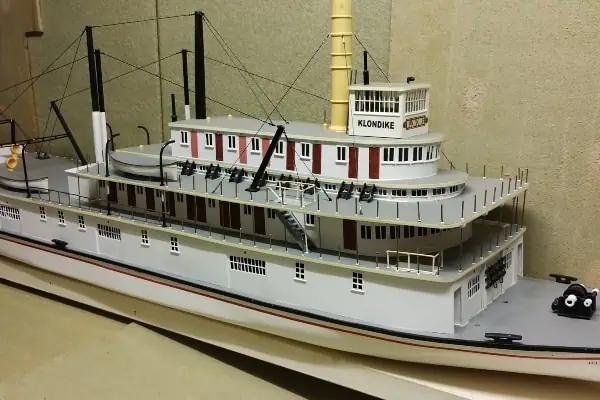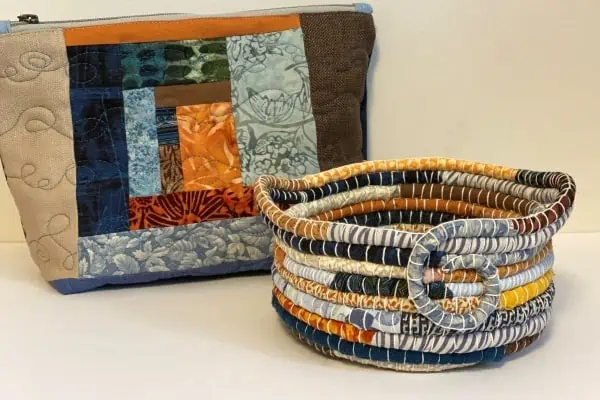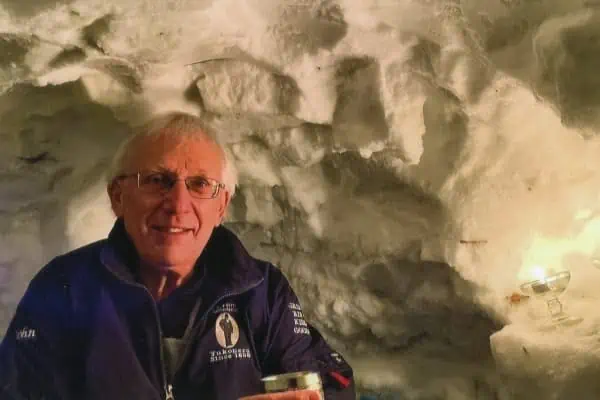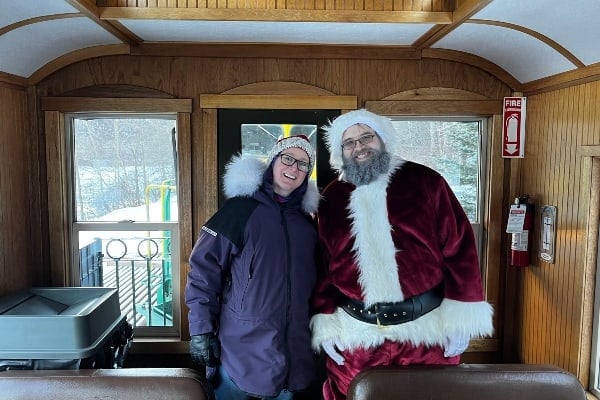Christmas is in the air and for many Yukoners that means either a chance to reconnect with family and friends, deepen their faith in Christianity or a combination of the two.
For people from all denominations and belief systems it’s a civic holiday that can mean an extra day or two off work or the chance to rack up some overtime hours.
Of course, not everyone celebrates Christmas.
For those Yukoners without cultural or religious ties to the holiday, the Christmas season can also serve as a reminder of their minority status in North America. Connecting with their own religious heritage becomes important at this time of the year.
For Rick Karp, director and founder of the Jewish Cultural Society of the Yukon and president of the Whitehorse Chamber of Commerce, the chance to bring more awareness to Jewish history in the Yukon came in 2008 with the rededication of a long-lost Jewish cemetery in Dawson City called Bet Chaim.
Karp got wind of the lost cemetery from an American traveller and went looking for it with a team of fellow Jewish Canadians.
“I wasn’t gonna let the Americans get to it before us,” said Karp.
They literally stumbled upon the ruins. “As we were looking one of us tripped and fell. We bent down to help him up and there it was. The gate to the cemetery!”
In July of 2008 they cleared a path to the site and cleaned up the area and a rabbi was flown to Dawson for a rededication in August that summer. The incredible find invited a renewed interest in the Yukon’s Jewish history through the Jewish Historical Society of the Yukon. The organization created a mobile display showcasing their research that travelled around Canada. Karp later founded the Jewish Cultural Society of the Yukon in 2013.
There is thought to be only one man of Jewish origin in Dawson City today, and approximately 25 in Whitehorse. Although, at one point during the gold rush, Karp said, there there were over 200 Jews in the Yukon.
There is no Jewish temple in the Yukon currently, but their relatively low numbers haven’t stopped the community from getting together and organizing. Karp helps organize a yearly Passover Seder at the Whitehorse United Church that is open to the public. In 2018 Passover starts on March 30.
“Around 40 people attended the last one. (Both Jewish and non-jewish). We bring in traditional Jewish food like matzoh and gefilte fish,” said Karp.
The Jewish Cultural Society will be doing something new this year, too, with their first Purim celebration in Whitehorse. Commemorating the victory of Esther over an advisor who wanted to kill the Jews of Persia, Purim is a boisterous affair sometimes called the Jewish Mardi Gras. In 2018 the festival of Purim runs from February 28 to March 1. “It’s going to be a lot of fun! Especially for the kids. They get to make a lot of noise,” Karp said.
The Christmas season coincides roughly with Chanukah, the Jewish festival of lights. The holiday lasts for eight days. This year Chanukah starts on December 12. The Jewish Cultural Society will be having a private dinner on December 15 for members of the local community.
Karp is optimistic about the growing Jewish community in the Yukon. “There are maybe 13 Israelis living in Whitehorse now. It’s really nice to hear the Hebrew language being spoken so far north.”
So if you’re Jewish and feeling stranded in the Yukon this holiday season, feel free to get in touch with Karp. People who are interested in joining the Jewish Society can call him at 332-7545 for more information.
The Yukon also has a growing Muslim community and a recent fundraising effort to complete a Yukon Mosque has been given the go-ahead. Located at 1154-C, Front Street in Whitehorse, the Yukon Muslim Society provides a five-times-daily location for prayers as well as Friday and Sunday prayers at 2:15 p.m. They also offer counselling and settlement for newcomers in Whitehorse and run a food bank. For more information on connecting with the local Muslim community visit YukonMuslims.com.
Many of us more secular folks remain indebted to scriptwriter Dan O’Keefe of the American TV show Seinfeld for popularizing his family tradition of Festivus in the 1997 episode The Strike.
Festivus is celebrated on December 23 as a non-denominational alternative to the gaudy commercialism that the Christmas season has come to represent. The holiday has a steady following and was described by the American journalist Allen Salkin as, “the perfect secular theme for an all-inclusive December gathering.”
It works great for multi-denominational family get togethers.
For more information on how to celebrate Festivus, Google it!




